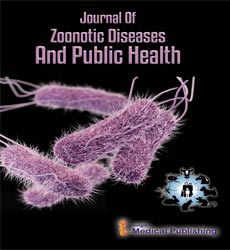The effect of pneumococcal vaccination to prevent lower respiratory tract infections in adults: a causal inference methodological framework in registry data
Abstract
Our objective was to estimate the effect of pneumococcal vaccination (PV) on acute lower respiratory tract infections (LRTI) in different age and risk groups, based on comorbidity. The 13- and 23-valent vaccines (PCV13, PPV23) are currently used to prevent LRTI in clinical practice. In RCTs, a treatment effect is directly estimated thanks to randomization. However, in observational studies, the presence of selection bias and confounding requires adjustment for covariates per treatment group before estimating the treatment effect. We used the 2019 data of a General Practitioners’ morbidity registration network in Flanders (Belgium), with 243,700 eligible patients aged 16 years and older, of which 14,000 received a PV. The relative risk was estimated by deploying statistical methods including multivariable logistic regression, propensity score (PS) matching 1:1 and 1:2 using greedy and optimal algorithms, stratification on PS, inverse probability of treatment weighting and overlap weighting. For sensitivity analysis, machine learning techniques -- Bayesian additive regression trees and generalized boosted modeling – were applied to examine the robustness of the results. For patients >= 16 years old, no effect of PV in LRTI was identified. However, age and risk group stratification revealed a significant effect in 65+ patients that had received the PCV only. We conducted an extensive methodological exercise in estimating the causal effect of PV and LRTI using registry data. These findings are insightful for data-driven policy-making concerning the vaccination strategy according to age and risk status in Belgium.
Open Access Journals
- Aquaculture & Veterinary Science
- Chemistry & Chemical Sciences
- Clinical Sciences
- Engineering
- General Science
- Genetics & Molecular Biology
- Health Care & Nursing
- Immunology & Microbiology
- Materials Science
- Mathematics & Physics
- Medical Sciences
- Neurology & Psychiatry
- Oncology & Cancer Science
- Pharmaceutical Sciences
